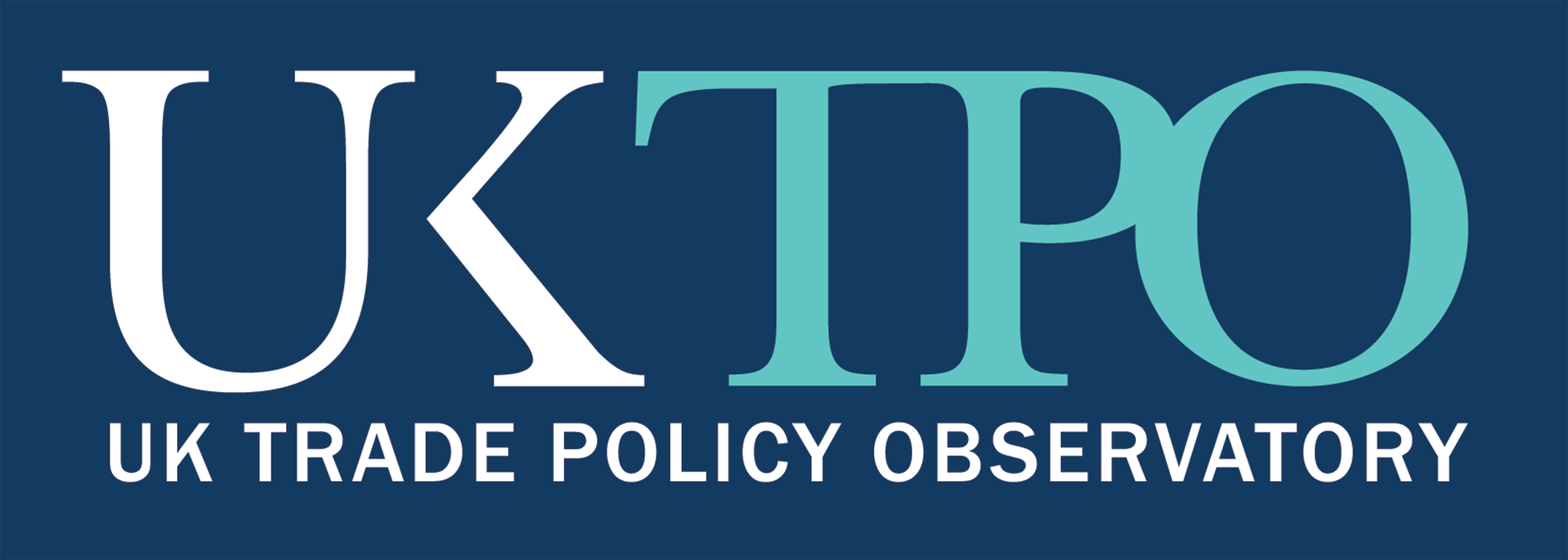The CPTPP does not prevent the UK from aligning its agri-food regulations with the EU.
One reason the UK Government wanted to join a trade agreement consisting of Pacific Rim countries, the Comprehensive and Progressive Trans-Pacific Partnership (CPTPP), was to prevent any current and future UK Governments, from undertaking regulatory alignment with the EU. As Lord Frost explained in 2021, ‘…. to do trade agreements with other countries [i.e. CPTPP] you need to have control of your own agri-food and SPS [Sanitary and Phytosanitary] rules”. A UK-EU SPS agreement, which the Labour government has promised to pursue, would likely result in at least some alignment of regulation in SPS areas: human, animal and plant life and health. In these areas, the UK would lose some control over its rules. So, can the CPTPP prevent the UK from concluding an Agreement with the EU? We argue that it cannot. New Zealand conclusively proves that it is indeed possible to be a CPTPP party and also have an EU veterinary agreement. Its EU veterinary agreement reduces the incidence of border checks in a few areas on animal products. However, such a light agreement (New Zealand, which exports few products to the EU and from 18,000 kilometres away) would hardly resolve the border barriers facing UK farmers. So [...]

